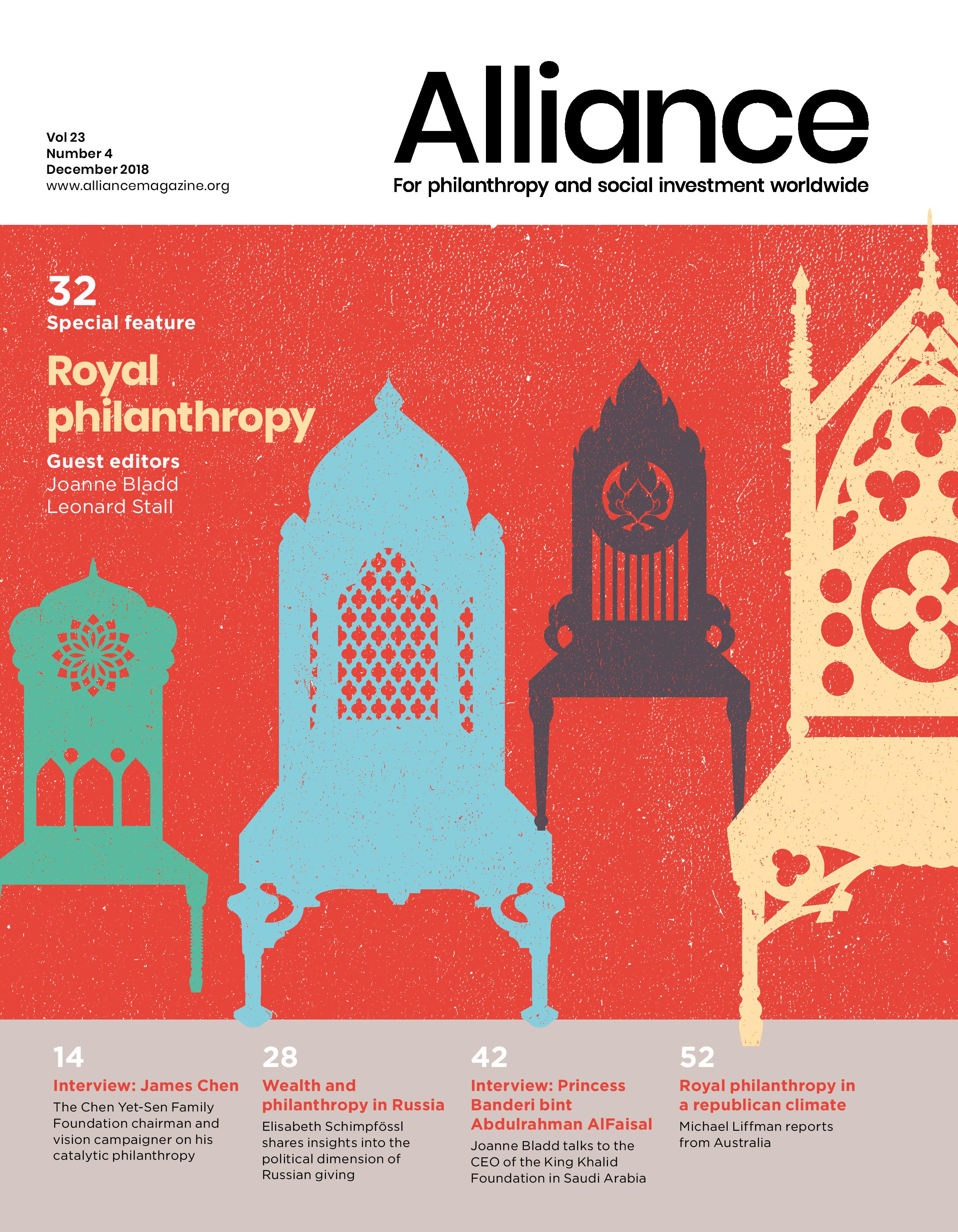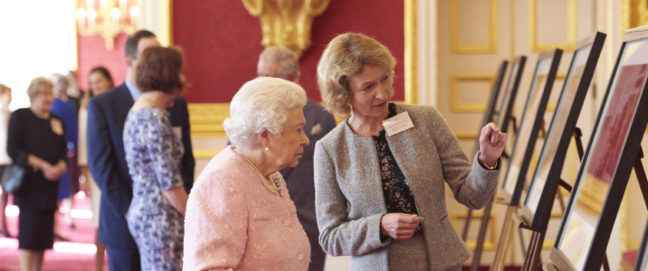There is limited enthusiasm for royal involvement in Australian philanthropy, reflecting a general – though not unambiguous – current of republicanism
There are two primary modes in which Australia’s royal attachment through the British Commonwealth might be relevant to our philanthropic sector: as supporter and contributor, and as imprimatur.
With regard to the former, there is little evidence or expectation of individual royals making financial contributions to Australia’s charitable sector or even of becoming personally involved as patrons or supporters. Whether this reflects scepticism about the interest, generosity or motivations of the royal family, or an acceptance that if Australia is to become a republic it should not expect or accept such involvement, is not clear: probably both.
While for some donors, organisations bearing the title ‘Royal’ might seem less in need of support or less activist, probably for the more establishment philanthropic circles – from which the bulk of major gifts have traditionally come – and certainly for the public whose financial support remains so important, the title remains of considerable benefit.
At an institutional level, probably the most active expression of royal involvement in Australian community activity is The Prince’s Trust Australia. The Trust is an outgrowth of The Prince’s Trust Group, established by the Prince of Wales in 1976 to coordinate the prince’s charitable interests in the UK. The Trust is undertaking some important work in indigenous Australia and works in collaboration with, and on occasion leads, effective collaborations with other philanthropies and corporations. The Prince of Wales is said by those associated with the Trust to take a genuine and well-informed interest in it when visiting Australia.
Other long-standing institutions with strong royal attachments are the Duke of Edinburgh Awards, the Queen Elizabeth Diamond Jubilee Trust, and the Scouting movement.
Royal – what’s in an appellation?
The other way in which the fact of the British monarch remaining Australia’s head of state might have a bearing on philanthropy is through the designation ‘Royal’. The list of institutions that bear it is a long one, stretching from examples such as Melbourne’s highly regarded Royal Melbourne Hospital to the prestigious Royal Sydney Golf Club. So long-standing is the inclusion of ‘Royal’ in the title of so many venerable institutions that its impact would seem subliminal, rather than conscious.
Like the label ‘Royal’, the issue of the royal role in philanthropy seems now to be largely assigned to the symbolic rather than the substantive domain of public life in Australia.
It may be that the appellation is important. I confess my ignorance about this with less embarrassment than maybe I should, because I suspect it is widely shared. While for some donors, organisations bearing the title ‘Royal’ might seem less in need of support or less activist, probably for the more establishment philanthropic circles – from which the bulk of major gifts have traditionally come – and certainly for the public whose financial support remains so important, the title remains of considerable benefit.
Political backdrop
But ambivalence about the continuing role of the monarch in general is mirrored by a similar attitude to its philanthropic role in particular. Like the label ‘Royal’, the issue of the royal role in philanthropy seems now to be largely assigned to the symbolic rather than the substantive domain of public life in Australia. So far as I know, there is no research on the topic.
The debate about whether we should become a republic has vexed Australians, sporadically with some intensity but usually as an undercurrent, for decades. Its most significant moment came in 1999 with an enthusiastically supported but finally unsuccessful referendum. More recently, Prime Minister Tony Abbott was dumped, partly as a result of the ridicule he encountered from both sides of the political divide at his decision to award Prince Philip the equivalent of an Australian knighthood.
Against the tide
But while there is widespread and strong feeling that for Australia to retain the British monarch as its head of state is immature, anachronistic, demeaning, and an unfair charge on the public purse, the traffic is not all one way. There is general admiration, and lingering sentimentality, for Queen Elizabeth. Even many republicans now urge patience in the belief that the move to a republic should await both The Queen’s passing and that of the ageing Australians who grew up with an unquestioned acceptance of the monarch, at which time it will become inevitable. Meanwhile, the media’s undiminished delight in dealing with gossip about royalty suggests that, even in a time of growing republicanism, public interest remains high. Moreover, the role of monarch is so constitutionally restricted, that like the royal involvement with charities, it has become mostly symbolic.
It’s worth adding that the perception of Prince Charles’ role is a little more complex, with some progressive republicans valuing his stance on environmental matters, while some monarchists find him inappropriately eccentric. The boost to royal appeal provided by the marriage of Prince Harry, and his and his wife’s visit to Australia for the 2018 Invictus Games, was a further litmus test of royal involvement in Australian civic life.
The real question about the role of the head of state in Australia’s charitable sector is less about current arrangements than the future. The controversy on which the 1999 referendum stumbled remains about how the president will be chosen: by popular vote or by parliament? Attitudes to his or her involvement in the country’s philanthropic life are likely be influenced by which of these alternatives prevail.
Dr Michael Liffman is adjunct associate professor, Centre for Social Impact, and founding director, Asia Pacific Centre for Social Investment and Philanthropy, Swinburne University, Melbourne.
Email mliffman@swin.edu.au






Comments (0)